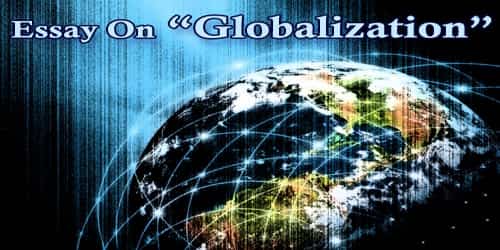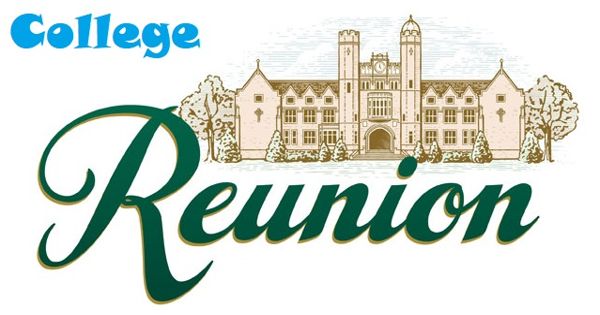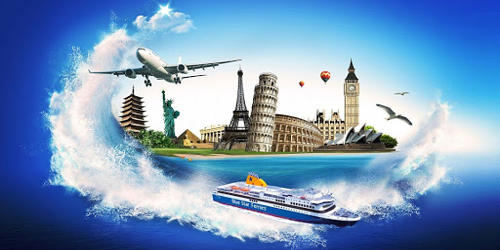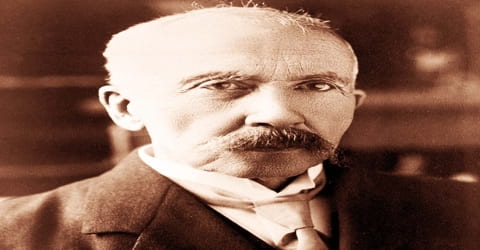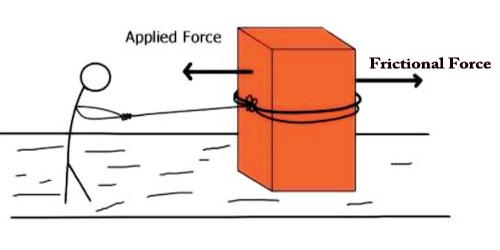Introduction: ‘Globalization’ or ‘globalisation’ means a worldwide working policy. It is the process of interaction and integration among people, companies, and governments worldwide. It has become a buzzword in the new era of international relations. The term ‘globalization’ derives from the word ‘globalize’, which refers to the emergence of an international network of economic systems. Globalization is now only what technology makes possible.
Globalization has grown due to advances in transportation and communication technology. With the increased global interactions comes the growth of international trade, ideas, and culture. Globalization is primarily an economic process of interaction and integration that’s associated with social and cultural aspects. However, conflicts and diplomacy are also large parts of the history of globalization and modern globalization.
Basis of Globalization: Globalization is now largely based on a strong foundation. The electronic transfer of information via the Internet has now created an instantaneous and interconnected world of information resulting from a 24-hour trading network; his technology is largely changing banking and financial activities. Worldwide money transfer and transactions of businesses have now come to a matter of clicking the mouse of a computer.
Five out of every six dollars that move in the world economy today travel through the electronic medium. Some products like software and TV programs are also amenable to digital or electronic transmission. Goods and articles can easily and properly be bought and sold through electronic screens. The computer in global technology has brought about a revolutionary change in today’s world.
Impacts of Globalization: Globalizing processes affect and are affected by business and work organization, economics, socio-cultural resources, and the natural environment. Academic literature commonly subdivides globalization into three major areas: economic globalization, cultural globalization, and political globalization.
Although globalization is mainly connected with business, trade and international relations, it can no longer be viewed from that perspective alone. The tide of globalization is now encroaching into other spheres too. Satellite TV channels and the internet are bringing all sorts of different customs and behavior into our homes.
Under the present influence of globalization global cultures are steadily getting integrated with local cultures. Different cultures are constantly interacting. Every independent nation of this global village has its own traditional social values, beliefs and attitudes. But in the globalizing process, many foreign customs and beliefs are intruding upon them. This is also having a profound impact on the young generation in particular.
The term ‘globalization’ had been used in its economic sense at least as early as 1981, and in other senses since at least as early as 1944. Theodore Levitt is credited with popularizing the term and bringing it into the mainstream business audience in the latter half of the 1980s. Since its inception, the concept of globalization has inspired competing definitions and interpretations. Its antecedents date back to the great movements of trade and empire across Asia and the Indian Ocean from the 15th century onward. Due to the complexity of the concept, various research projects, articles, and discussions often stay focused on a single aspect of globalization.
Global Language: Globalization needs a common language for international communication. English with its many different reasons has achieved the honor of being the international language. It has already crossed the national borders to reach people who speak their languages. World English has now moved away from the control of its native speakers. “Global English is neither British nor American”, goes a fun all over the global village.
The usefulness of Globalization: Basically, globalization is a process of expanding trade and commerce all over the world by creating a borderless market. But it has had a far-reaching effect on many aspects of life. With the development of hi-tech communication media and rapid transportation facilities, the world has come closer.
Sociologists Martin Albrow and Elizabeth King define globalization as “all those processes by which the people of the world are incorporated into a single world society.” In The Consequences of Modernity, Anthony Giddens writes:
“Globalization can thus be defined as the intensification of worldwide social relations which link distant localities in such a way that local happenings are shaped by events occurring many miles away and vice versa.”
We can now learn in an instant what is happening in the farthest corner of the world are like families in a village. They can even share their joys and sorrows like next-door neighbors. If one country is in distress, others can immediately come to its assistance.
Conclusion: Globalization can bring happiness to everyone when all people of the world can travel in the same vessel in the same cabin without any distinction between caste, creed and of racial discrimination.
Though many scholars place the origins of globalization in modern times, others trace its history long before the European Age of Discovery and voyages to the New World, some even to the third millennium BC. Large-scale globalization began in the 1820s. In the late 19th century and early 20th century, the connectivity of the world’s economies and cultures grew very quickly.
